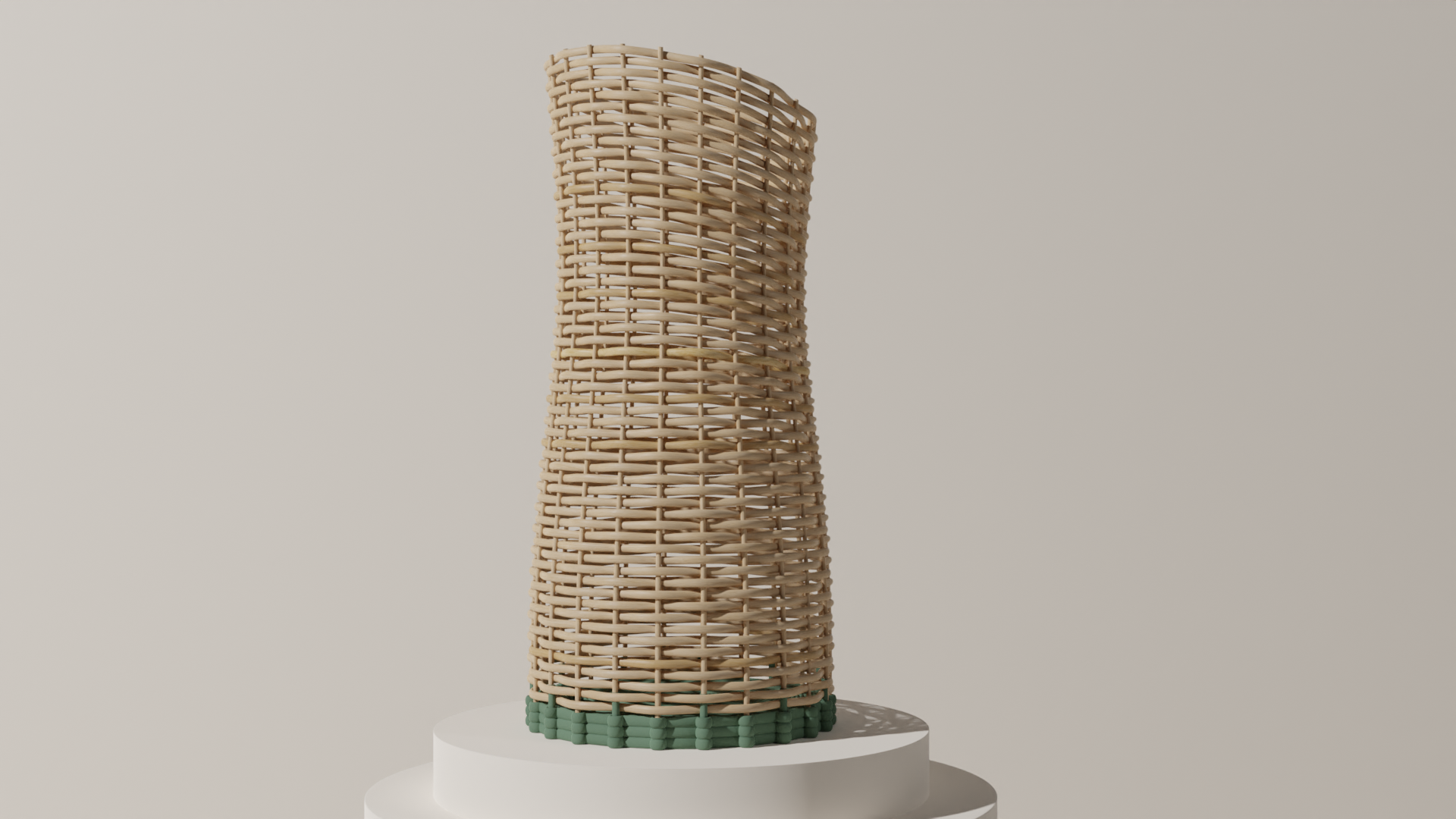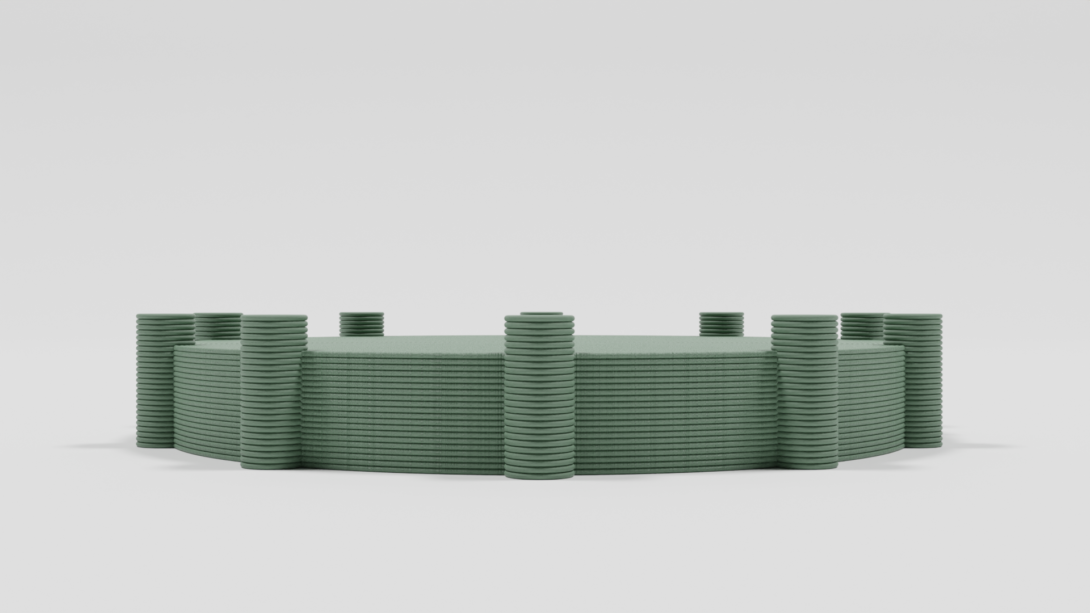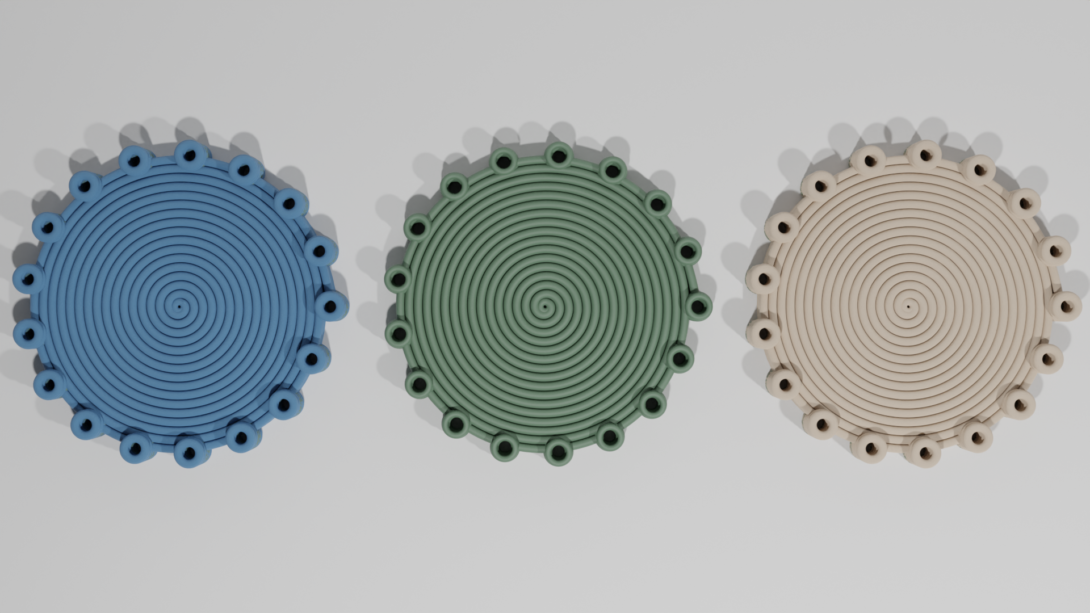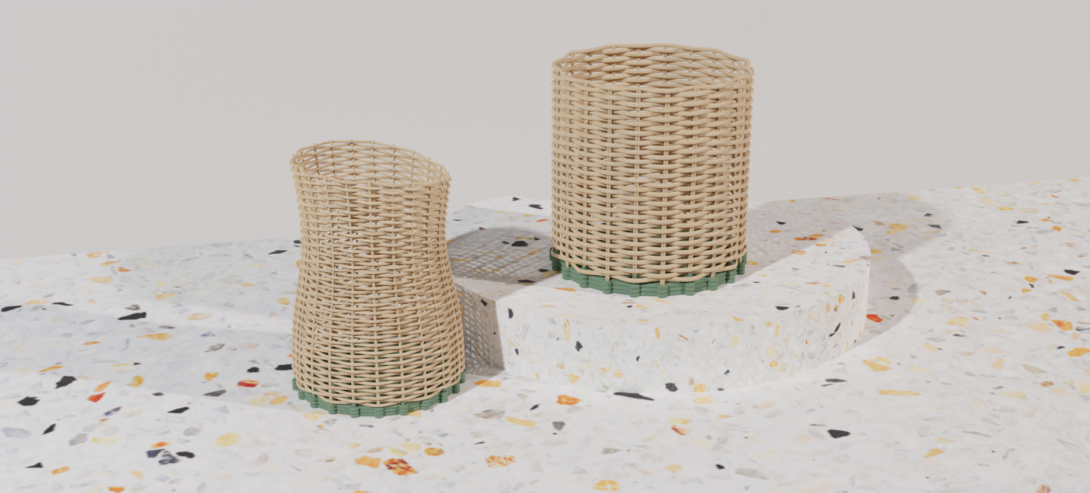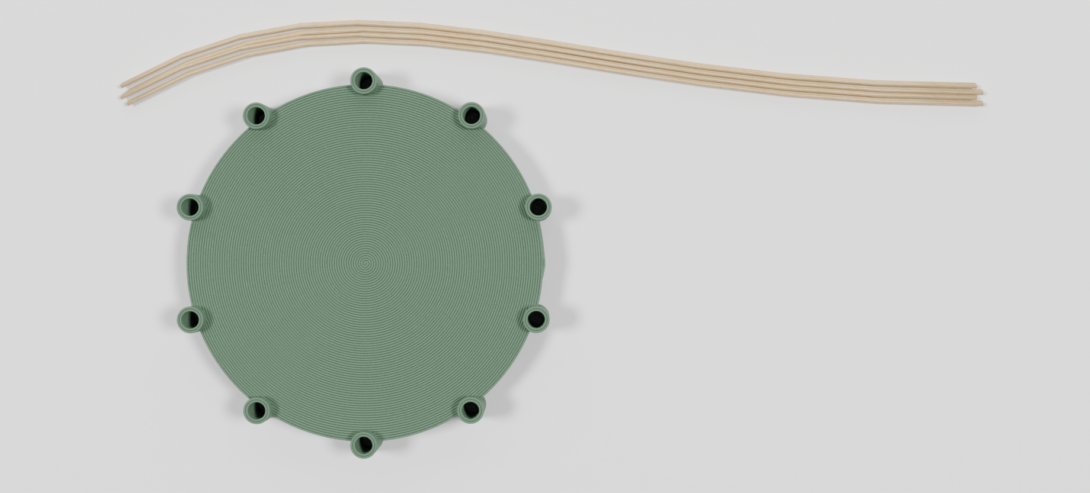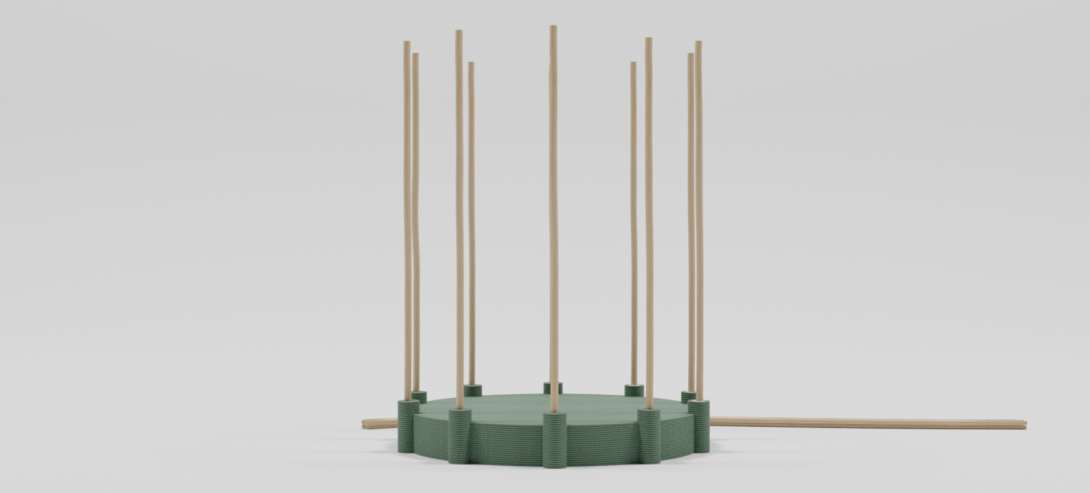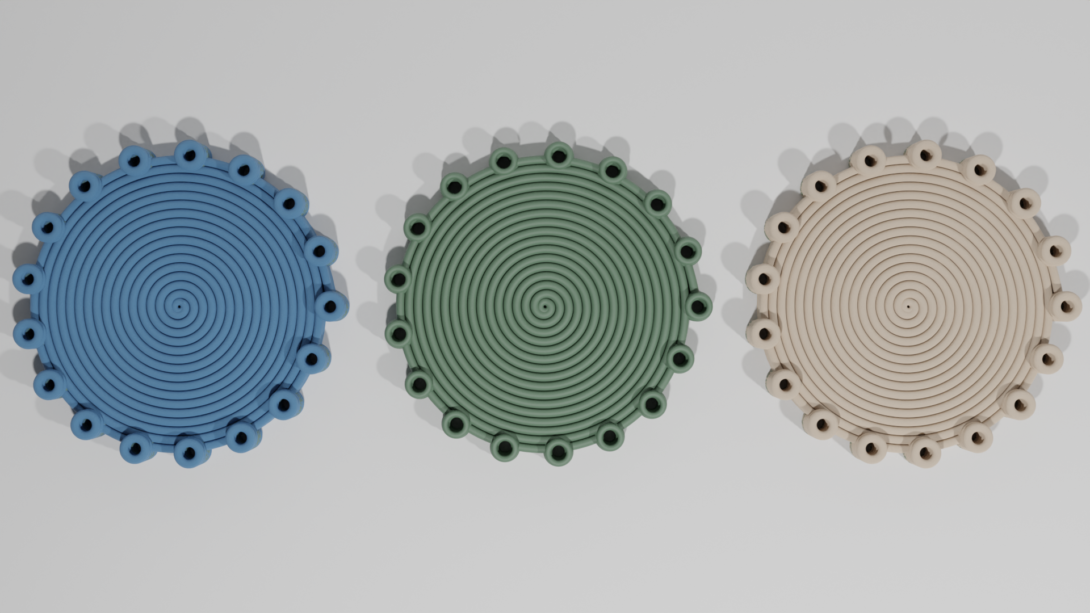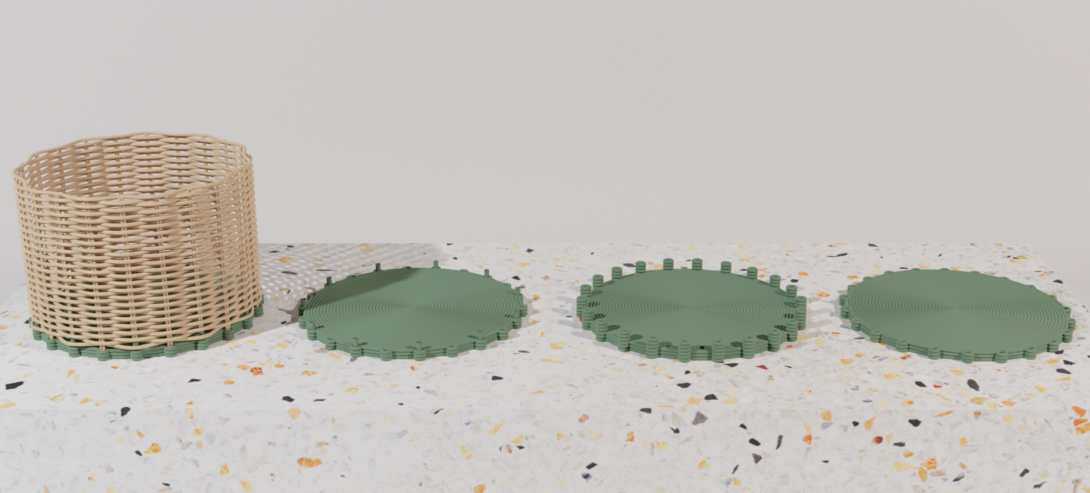About the project
We live in a time where barriers between disciplines are fading. Being polyvalent has never been more important. Machines have and will become better at doing specific tasks than human beings. Therefore, I believe that continual learning is key to becoming a designer. Adapting and guiding to the world of tomorrow. Learning from every discipline, from A.I. to the ancient craft of weaving. All have the knowledge to help us create a better world.
And it is with this approach that I went on to develop Manila. Today’s economy works in ways that are not sustainable. Driven by globalisation we have seen our lives become easier with cheaper technologies in our hands. It has also brought great wealth. But this system has been proven to cause an enormous strain on our home, earth. Therefore, Manila looks to question how a product should be made. The covid-19 pandemic clearly showed the fragility of our manufacturing system. Not being self-sufficient creates weaknesses. This is one problem of today’s supply chain that proved to be disastrous in a pandemic. But this system is driving us to another disaster, the one of climate change. Tones of products being shipped across the world take a lot of energy that is produced by fossil fuel. Not only the ships, planes, and trucks pollute but also the enormous infrastructure needed to operate such large flows of merchandise, ports, airports, gas stations, and warehouses.
It is with that in mind that we went to explore what products could be taken out of this supply chain. Looking at simple objects that do not need this massive transport infrastructure. Globalisation is very good for advanced technologies as no one nation has the wealth or intellectual power to create everything but on the other hand, a woven basket does not need to travel halfway across the world. Woven baskets have been part of our culture for thousands of years and are still are. Basketwork is a 1.77-Billion-dollar business, but greed has taken away the heritage that came with locally weaved baskets. These local products that define communities are disappearing.
Manila looks at encouraging people to enter these crafts while using sustainable manufacturing techniques. By helping people create a basket they might understand and respect the craft more.
